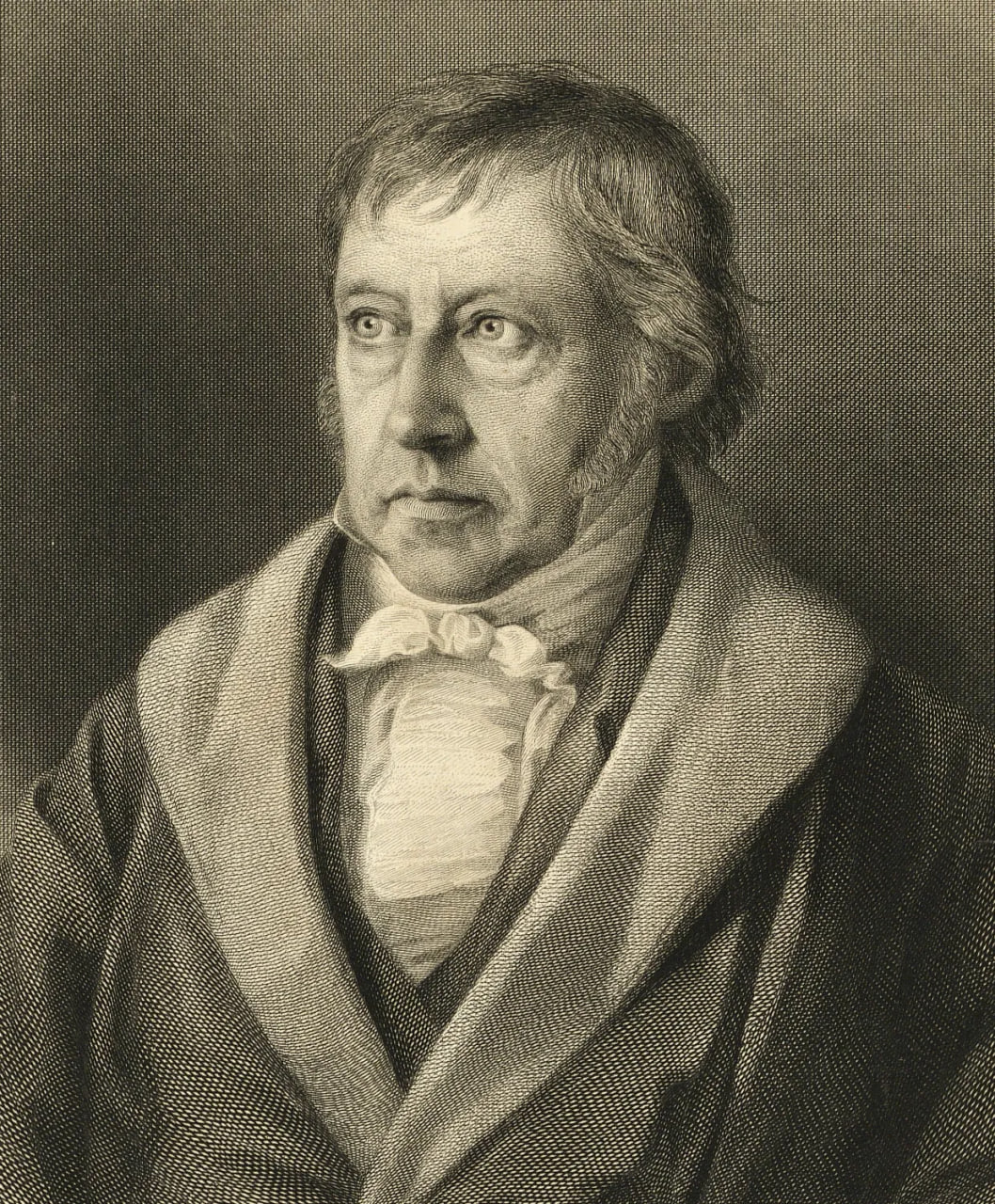The name Georg Hegel is forever etched in history as one of the most influential philosophers of all time. But behind his profound ideas lies another, less obvious contribution - how this remarkable thinker gifted the world with technological innovations that have fundamentally changed our lives.
As one of the leading philosophers of the 19th century, Hegel not only reimagined our understanding of the human mind and society, but also laid the foundational groundwork for many modern technologies. His concept of dialectics, where progress arises through the interaction of opposites, inspired the development of key technological paradigms such as systems theory, cybernetics, and artificial intelligence.
Rejecting static views of the world, Hegel forged a dynamic, evolutionary model of reality that enabled engineers and scientists to more effectively solve complex problems. His philosophy, brimming with contradictions and synthesis, laid the foundation for contemporary approaches to data analysis, system architecture design, and modeling of intricate processes.
So join us as we delve into the incredible mind of Georg Hegel and explore how his pioneering ideas continue to nourish and shape our technological world.

Georg Wilhelm Friedrich Hegel, perhaps the greatest of the German idealist philosophers, was born at Stuttgart, August 27, 1770.
Hegel studied theology at Tübingen, where he met Schelling and Hölderlin, was a family tutor in Berne (1793) and Frankfurt-am-Main (1796), and in 1801 as privatdozent at Jena, edited with Schelling the Kritische Journal der Philosophie (1802-1803), in which he outlined his system with its emphasis on reason rather than the Romantic intuitionism of Schelling, which he attacked in <The Phenomenology of Mind (1807).
He had been appointed to an extraordinary professorship at Jena, but the Napoleonic victory there (1806) closed the University and Hegel became editor of a Bamburg newspaper and, from 1808 to 1816, had master of a Nuremberg school, where he instructed the unfortunate boys in a potted version of his, the most complicated of all philosophical systems. In his second great work, The Science of Logic (1812,1816), he set out his famous dialectical Logic and in the Encyclopedia of the Philosophical Sciences (1817), his tripartite system of logic, philosophy of nature and of mind, republished in 1821 with paragraphs of his students' lecture notes added. The last was written in Heidelberg, where Hegel became professor in 1816. In 1818 he succeeded Fichte in Berlin and until his death in 1831 was virtually the dictator of German philosophical thinking.
Inspired by the French Revolution in youth, rejoicing with Napoleon (that "world soul") in his victory over Prussia at Jena, Hegel's philosophy eventually turned him into a loyal supporter of that authoritarian state and a morbid hater of democratic measures, particularly the English Reform Bill. His political philosophy is set out in The Philosophy of Right (1821), and his lecture notes on the History of Philosophy, Philosophy of History and of Art, the latter an important contribution to aesthetics, were published posthumously.
.jpg)
In August 1831, a cholera epidemic reached Berlin and Hegel left the city, taking up lodgings in Kreuzberg. Now in a weak state of health, Hegel seldom went out. As the new semester began in October, Hegel returned to Berlin in the mistaken belief that the epidemic had largely subsided. By 14 November, Hegel was dead.
Hegel's philosophy is a rationalization of his early mysticism, stimulated by Christian theology. He rejects the reality of finite and separate objects and minds in space and time, the Kantian "thing-in-itself" and establishes without Spinoza's dualism, an underlying all-embracing unity, the Absolute.
Only this rational whole is real and true. When we make statements or otherwise draw attention to a particular, we separate off this one aspect from the whole of reality, and this can therefore only be partially true. The evolutionary quest for greater unity in truth is achieved by the famous dialectic, positing something (thesis), denying it (antithesis), and combining the two half-truths (synthesis) which will contain necessarily a greater portion of truth in its complexity. Only the absolute is non-self-contradictory. It has something of the harmony of opposites of Heraclitus. When applied as the underlying dynamic principal in the history of civilizations and of nations, it leads to plausible explanations (historicism) but bad history.
For Hegel the rational whole has greater claim than its parts; the group more reality than the individuals who compose it. This has become the justification of authoritarian creeds from Fascism to Soviet Communism. Søren Kierkegaard, who hated rationality and worshipped the individual, took over something of Hegel's dialectic, which survived in the existentialism of Martin Heidegger and Jean Paul Sartre. A modified Hegelianism ruled under F. H. Bradley, Bernard Bosanquet and T. H. Green in England until the turn of the century, when its spell was finally broken by logical positivism, the pragmatism of William James, Bertrand Russell's logical atomism and the linguistic approach of Ludwig Wittgenstein.
The Philosophy of History by Georg Wilhelm Friedrich Hegel